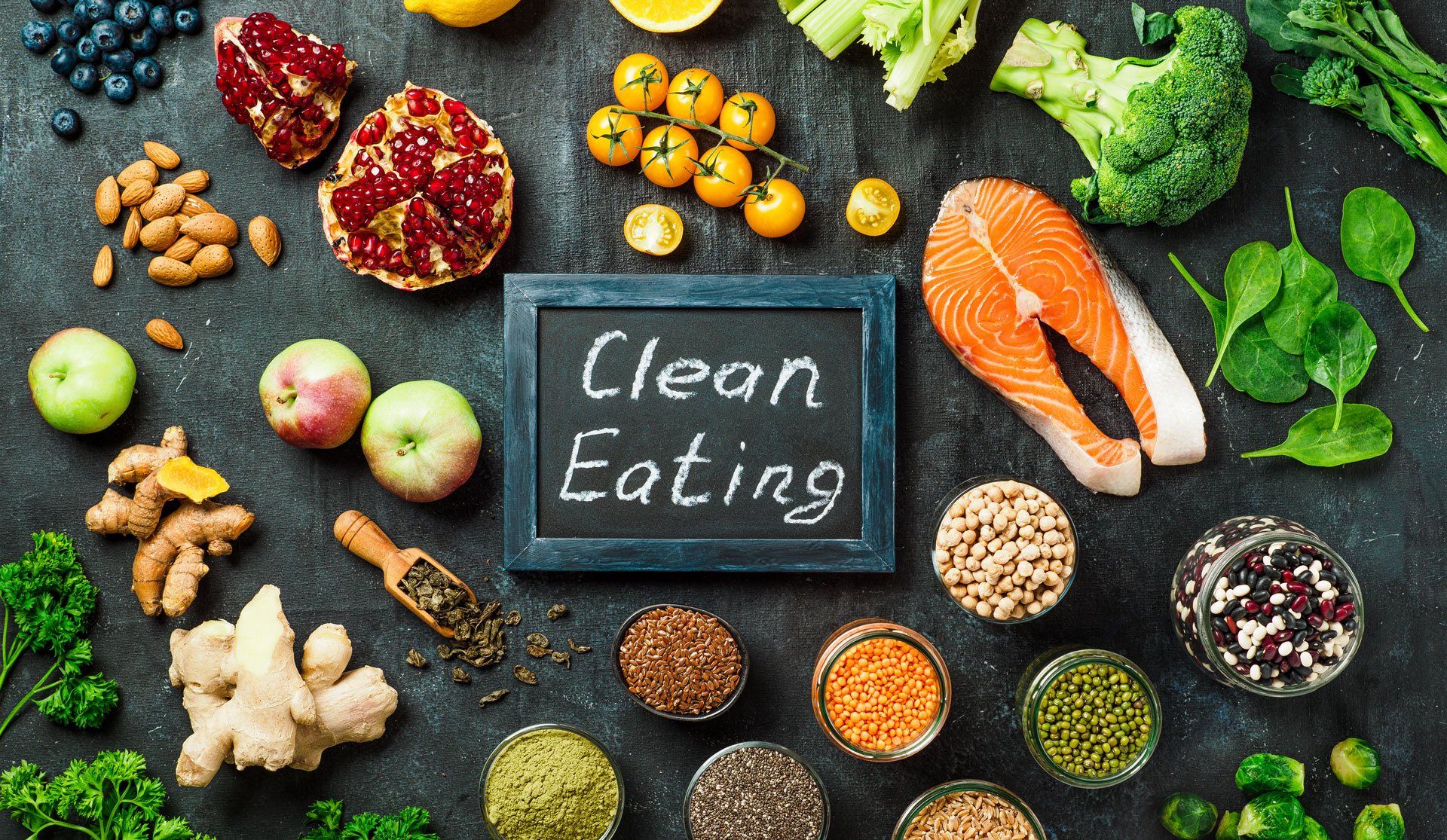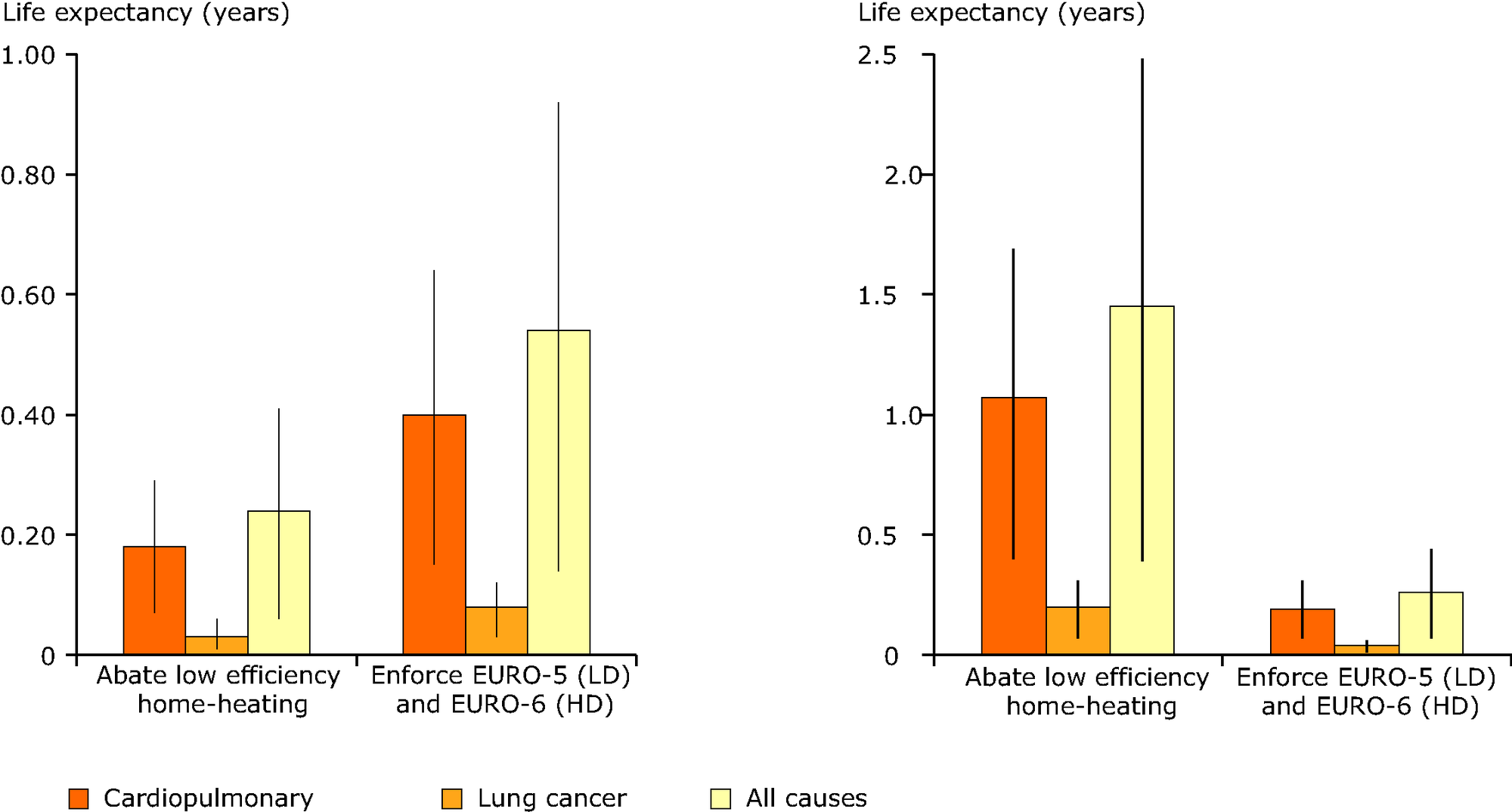
Diabetes prevention tips include a healthy lifestyle and limiting sugar intake. These simple lifestyle changes can make an enormous difference in your longevity, health, and overall well-being. You can delay the onset of diabetes by losing weight even if your risk is low. You can reduce your chance of getting diabetes by following these steps. These changes can also increase your lifespan. They are simple and easy. You can start today by implementing these simple habits.
To prevent the disease, it is important to have a diet that is low in fat but high in fiber. A lower intake of saturated fats may help you lose weight. However, it can also help to control your blood sugar levels. Healthy eating is about eating healthy foods rich in fruits and veggies, beans, nuts, and whole grain. You should also include plenty of physical activity in your daily life. Add a new activity that's fun for you each week!

A good way to lower your chances of developing diabetes is to get enough exercise. Most people find it hard to exercise regularly, so it's imperative to start working out as soon as you can. Start exercising only once per week if this is your first time. A walk for 20 minutes is a great option to lose weight or tone your body. Stop smoking. Smoking can cause diabetes, so there's no reason to be embarrassed.
If you don't want your soda to go, nuts are a good choice. They are high in protein, healthy fats, and will keep you full until dinner. They are high in monounsaturated fatty acids, which have been shown reduce your risk of developing type II diabetes. You can chew nuts to avoid the refined carbohydrate content of junk foods. You can eat walnuts every day to avoid cravings and maintain a normal blood sugar level.
In addition to limiting sweets, it is important to reduce the number of carbs consumed. For blood sugar control, it is important to eat a high-fiber meal. Good nutrition includes lots of vegetables. You will get more fiber if you eat more fruits and vegetables. The more fiber you eat, your chances of getting type 2 diabetes under control. Regular exercise is the best way to prevent diabetes. You can avoid diabetes by exercising 30 minutes per day.

Avoid trans and saturated fats. These fats are very dangerous for your health and should be avoided. Instead, you should eat unsaturated fats such as olive oil and fish. Tobacco and alcohol should be avoided. These substances can raise blood sugar levels and lead to insulin resistance. For diabetes prevention tips, keep reading! Share this information with others. You'll be happy you did.
FAQ
Why Metabolic Well-being is the Key to Aging Well
Today's people live longer than ever before. However, as they age, so do their chances of getting sicker. And while we've made great strides in medical science, it's becoming increasingly clear that our current approach isn't working.
It is time to change the way we view health and aging. Healthful aging requires that we start to think about metabolic health, which is not only weight loss but overall well-being.
If you want to live a healthy, active lifestyle for the rest of your life, it is important to maintain a strong metabolism throughout your entire life.
There are many methods to improve your metabolic state. One way to improve your metabolic health is to incorporate these seven foods into your daily diet.
-
Resveratrol in blueberries has been shown to support cell longevity. They also contain vitamins C & E, as well as antioxidants.
-
Pinto beans and lentils are great sources of fiber and plant-based proteins. These nutrients help to keep blood sugar levels constant so they don't spike and crash.
-
Broccoli is rich in sulforaphane. Studies have shown that it protects cells from DNA damage. It may even slow down the progress of cancer.
-
Chia seeds are rich in fiber and omega-3 fatty acid. They are also high in antioxidants and proteins. All of these nutrients help promote heart health, brain function, and gut health.
-
Green tea contains catechins, which are polyphenols. Green tea's catechins have been linked with reduced bone fractures as well as cardiovascular disease, cognitive decline, dementia, and increased diabetes risk.
-
Salmonis high in protein and rich in vitamin D is one of the most popular sources of lean proteins.
-
Walnuts are rich sources of omega-3s and antioxidants, such as alpha lipoic (ALA). ALA helps boost energy production and protects against inflammation.
What kind of food should I avoid when trying to lose weight?
Trans fats should be avoided. Trans fats can increase LDL (the negative) cholesterol levels and decrease HDL (the positive) cholesterol.
Trans fats can also be found in deep-fried food, fast food, packaged bakery goods, snack cakes, as well as other processed foods.
These unhealthy fats cause inflammation which leads to heart disease, diabetes, and other health problems.
Foods containing artificial sweeteners should also be avoided. Artificial sweeteners are linked to an increased risk of cancer.
These chemicals are found in many products, including soft drinks, candy bars, chewing gum, as well as candy bars. They can also be found in other foods like meat, poultry, and eggs.
Artificial sweeteners include saccharin.
The American Heart Association recommends avoiding these chemicals because they may damage DNA in cells.
How many times per week do I need to exercise?
It all depends upon how much time you have and what type or exercise you prefer. The general rule of thumb is to exercise aerobically 3 - 5 days per week. It is important to not overdo it. Consistent exercise is essential to achieving maximum benefit from your workouts.
Which exercises are best for me?
It all depends on your fitness goals. Some people focus on endurance activities like running, cycling, and swimming. Others like lifting weights or using resistance band. There are so many different types of exercise programs available today. You can choose the one that best suits you.
What's the Best Way to Lose Weight?
Losing weight can be difficult. Many people give in to temptation because they don't know how to proceed.
You can lose weight by following a few simple steps.
First, make sure you eat less calories than you burn. If you are eating more than you are burning, then you are going to gain weight.
You should also exercise regularly in order to lose all those calories. You can choose from a variety of exercises such as walking, biking or dancing.
Third, quit smoking cigarettes and alcohol. These habits will cause you more calories than normal.
Fourth, reduce your intake of fatty and processed foods. You can replace them with healthier options such as fruits, vegetables, lean meats, whole grains, nuts, seeds, beans, etc.
Fifth, you must change your lifestyle and adopt new habits. You may have to get up before the rest of the world to exercise.
Sixth, be disciplined and stick to your diet plan.
You can also burn excess calories by joining a gym, or taking an aerobics course.
These simple tips will help you quickly see results.
Statistics
- An estimated calorie range for moderately active adult males falls between 2,200 to 2,800 calories per day, depending on age. (eatright.org)
- Are You One of the 20% of Guys (mh.co.za)
- According to the American Heart Association, blood pressure should be checked at least once every two years, beginning at age 20. (my.clevelandclinic.org)
- 10 pounds in a month is likely during a lean bulking phase, especially for beginners. (muscleandstrength.com)
- By John Thompson Take a whopping 38% off a set of PowerBlock Pros. (menshealth.com)
External Links
How To
How do I lose weight while working out?
Exercise burns calories by increasing metabolism and oxygen consumption.
Exercise at a moderate intensity to safely lose weight.
To burn fat while exercising, follow these tips:
-
Cardio exercises like walking, running (or jogging), swimming, cycling, running, and/or elliptical training are all good options.
-
Three times per week, exercise for 30 minutes.
-
You can lose weight by adding strength training to the routine.
-
Avoid intense training. You can build muscle and not break down muscle tissue.
-
Drink plenty of water during exercise. Water flushes out toxins and helps keep the body hydrated.
-
After exercising, you should drink low-fat protein drinks. Protein shakes help repair muscles and boosts energy.
-
Eat smaller meals throughout the day, so you don't feel hungry between meals.
-
Don't skip breakfast! Skipping breakfast can leave you feeling tired and sluggish.
-
Mental health is important. Stressful situations can slow metabolism.
-
Keep a positive attitude. Studies show that overweight people are more likely to be obese than those who perceive themselves as attractive.
-
Get enough sleep. It is harder to lose fat if you don't get enough sleep.
-
Be active. Get up every hour and get moving.
-
Maintain a healthy diet. You will feel fuller longer if you eat right.
-
Find relaxation methods. Relaxing doesn't mean your body releases stress hormones which cause muscle tissue to be destroyed.
A balanced diet is one that includes all of the essential nutrients required for growth.
Six small meals per day is better than three large meals. This allows your body time to digest what you've eaten.
For strong bones to be maintained, you need approximately 500mg of calcium per day. Calcium can also be found in milk products, yogurt, fortified Soy beverages, orange Juice, cereals and bread.
Calcium comes from leafy green vegetables, beans, tofu, nuts, seeds, and cheese.
Vitamin D is essential for calcium absorption. Vitamin D is found in certain fortified foods, such as egg yolk and fatty fish.
Vitamin E is essential for skin health. Vitamin E can also be found in vegetable oil, wheat germ oils, peanuts as well almonds, sunflower seeds and corn.
Zinc is essential for healthy immunity and wound healing. Zinc can be found in seafood, legumes and meats.
Zinc deficiency can cause fatigue, loss of appetite, depression, and impaired immunity.
Too much sugar leads to insulin resistance. This results in higher blood glucose levels. Insulin resistance is linked to weight gain.
Insulin resistance occurs when the bloodstream is full of free radicals. Free radicals refer to molecules that contain unpaired electrons. They can damage cell membranes and other body parts.
The main sources of free radicals are food additives.
Free radical damage can lead to cancer, heart disease, diabetes, arthritis, asthma, and aging.
Antioxidants are essential for preventing free radical damage. Antioxidants protect against oxidative damage.
Vitamin C (found on citrus fruits), Beta carotene, found in carrots and sweet potatoes, spinach and broccoli, cantaloupe (found in tomatoes, mangoes and peppers), and Vitamin E (found nuts, olive oil and avocados).
Additional antioxidant nutrients include selenium and copper, manganese and zinc.
Selenium protects cells against oxidative damage from free radicals. Selenium can be found in Brazil nuts and liver, kidneys, liver, kidneys, shrimp, cod, turkey and lamb as well as chicken.
Copper protects the eyes, brain, lungs, liver, and red blood cells. Copper is found in shellfishes, poultry, meat, organ meats, and other foods.
Manganese is an essential component of bone structure. Manganese is found in brown rice, spinach, bananas, prunes, raisins, oatmeal, and lentils.
Zinc is essential for normal growth, reproduction, wound healing, and average growth. Zn can also be found in white fish, lean cuts of meat, poultry, and eggs.